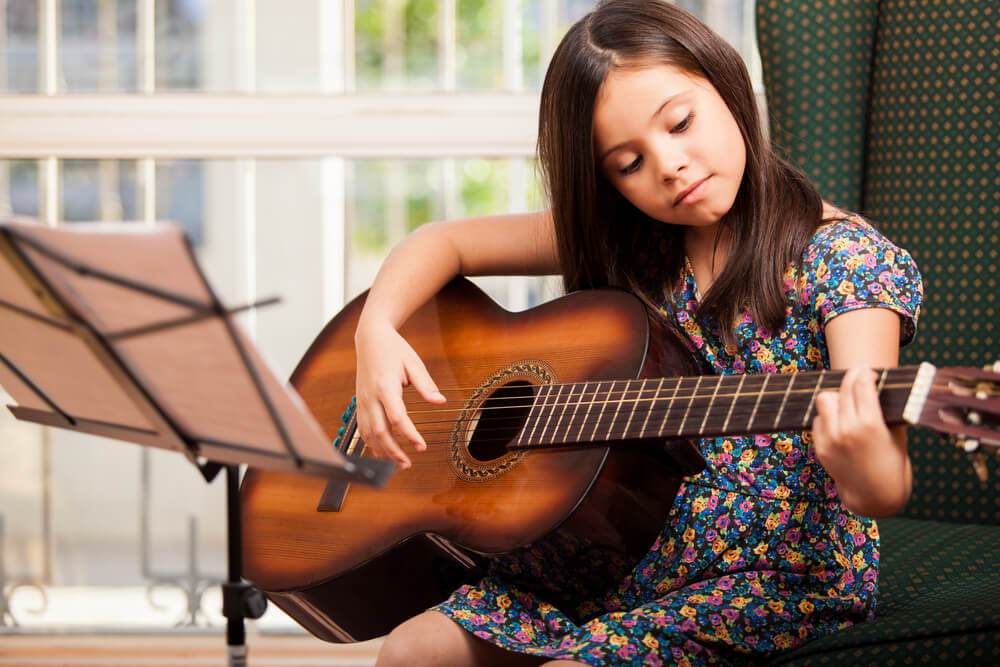Attention deficit hyperactivity disorder (ADHD) is a common learning disability in children that can make it difficult for them to focus and pay attention in class. They may even get so restless that they can become disruptive. At times, children with ADHD may exhibit poor impulse control. It can become quite clear that something must be done. Can ADHD be cured? The answer is no but there are methods for handling it and improving the quality of life. It’s important to do your research to find the right solution for your child. Here are a number of different treatments for ADHD as well as their effectiveness.
Medication
One of the most popular forms of ADHD management is medication. There are two different types of ADHD medication: stimulants and non-stimulants. Stimulants are medications that are known to increase physical and mental stimulation. This may seem counterproductive but when these medications are given to a child with ADHD, they actually help calm the child down. Since the child’s brain is already hyperactive, the stimulants can help balance an overstimulated child. Ritalin and Adderall are two of the most common stimulant medications, however, these medications aren’t as effective in adults.
Non-stimulant medications increase an important brain chemical called norepinephrine which aid in increasing attention span and reducing impulsivity. Two of the most popular non-stimulant medications include Strattera and Pamelor; these are less intense than the stimulants group.
Medication therapy however should not be the only treatment plan for a child with ADHD. There are potential side effects with ADHD medication including weight loss, insomnia, and palpitations. It is important to review and become aware of all side effects prior to starting any medication for your child.
Therapy

Having a condition like ADHD can be emotionally draining on a child; they may feel different than other children at school. They may also feel insecure. Children with ADHD do tend to exhibit social challenges including the inability to keep friends or even difficulty with authority figures including parents.
Therapy can be a safe place for children to express their feelings about their condition. It can also be a great way for children to look at their own behavior and make conscious efforts to change.
The two main types of one-on-one therapy include psychotherapy and behavioral therapy. Psychotherapy involves a child sitting down with a therapist and talking about their feelings. The therapist will be trained in working with children and getting them to open up while providing coping techniques. Behavioral therapy involves a reward-based system to help correct poor behavior and encourage correct behavior. The goal is to get the child to perform properly without a reward.
Make a point to search for a therapist who your child has a connection with as well as someone who shares your own philosophies about treating children. If you or your child does not like the therapist, neither you nor your child will have a positive experience.
Support Groups
Many children with ADHD feel alone but the truth of the matter is that there are many children that experience the same issues. Your child may not believe this until they see other children with ADHD for themselves. Consider taking your child to a support group for children with ADHD. When they see other children that suffer from the same problem speaking about their issue, they may be more easily encouraged to speak up themselves. This is especially important since many children and teens aren’t so keen on opening up. Some of the children who speak in support groups may even have positive stories to tell. Your child will see that they too can be as successful as the other kids in the group.
This is particularly effective for children who suffer from social issues. Going to the support group forces them to be in a group setting with other children they may not know. They may even make some friends throughout the process that understand their experiences. Just be careful about the friends your child meets and the influence they may have on your child. While many of the children are well behaved, there may be some children in the group who enjoy getting into trouble. While you can’t choose your child’s friends, you can definitely keep a watchful eye out for those who may not have the same values that your family shares.
Creative Outlets/Music Therapy
Many children with ADHD have a lot of pent-up frustration. It’s important for them to have an outlet to let this frustration out in some way to better manage their ADHD. If your child gravitates toward creative hobbies, this could be an effective tool for your child to express themselves.
Music therapy is one of the most common forms of creative therapy. Allow your child to pick an instrument to learn to play. While the child learns the instrument, it will teach them how to focus. Music also helps make additional connections in the brain; these connections can help your child focus in other aspects of life as well.
Music therapy is also a great way for you to bond with your child if you happen to enjoy music as well. You can play music or even be their teacher if you are patient.
If your child doesn’t necessarily want to learn to play an instrument, look for alternative options. Does your child enjoy painting or drawing? Try putting them in different art classes. Does your child like writing stories? Get them books and put them into creative writing classes. Does your child enjoy cooking? Teach them how to cook and get some release while in the kitchen. We all need ways to help release tension, especially for a child with ADHD. Let them find their outlet.

Parental Training
A child with ADHD undoubtedly needs specialized care to help facilitate their growth. But often missed, the parents also need specialized care too. Most parents emphasize their child’s training but forget about their own. As a parent of a child with ADHD, you need to learn how to best relate to your son or daughter. This could mean taking classes or joining a support group yourself. You can share what you’re going through with other parents in the support group who can hopefully give you advice. When you know how to discipline and communicate with your child, you will notice positive changes in their behavior.
It will not be enough to only have the knowledge of ADHD. You need to be your best physically and emotionally. Get your own personal therapist. This will help improve your emotional intelligence and any mental issues you may personally have. You should also diet and exercise regularly. When your body feels good, your insides will feel good too. You may even be setting a good example for your child to eat well and exercise. This emphasis on health could also help reduce the symptoms of ADHD for the child and encourage them to treat their body well in adulthood.
Children with ADHD can grow up to lead happy and productive lives while serving value to members of society. However, it might take some work. We may never know how to cure ADHD. Medication is one of the most common options available but medicating children can be problematic. Luckily, there are a number of alternative options available. Talk to your doctor about how you should move forward. For more information on getting ADHD help, feel free to contact our doctors at Worldwide Pediatrics Group.



